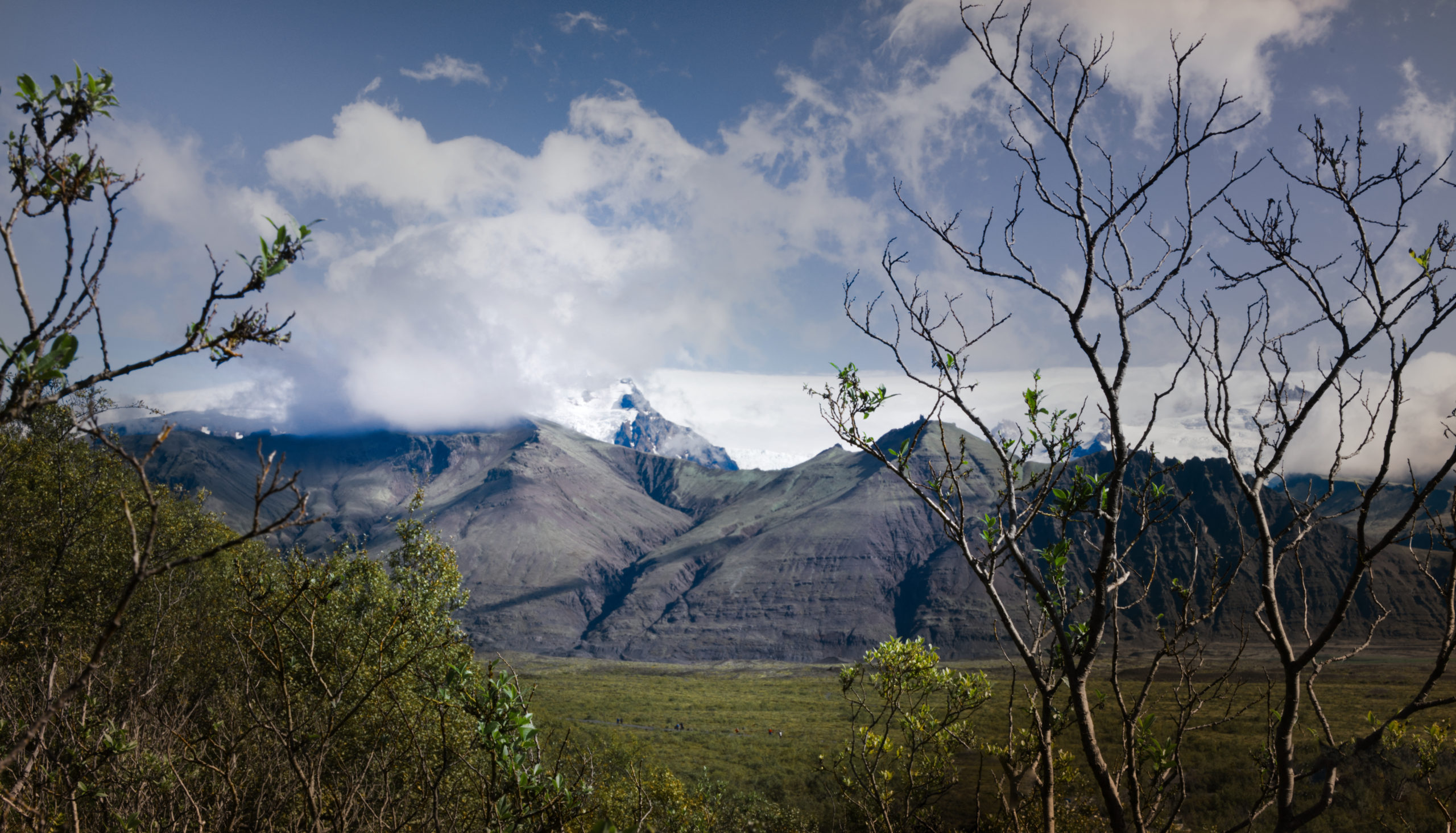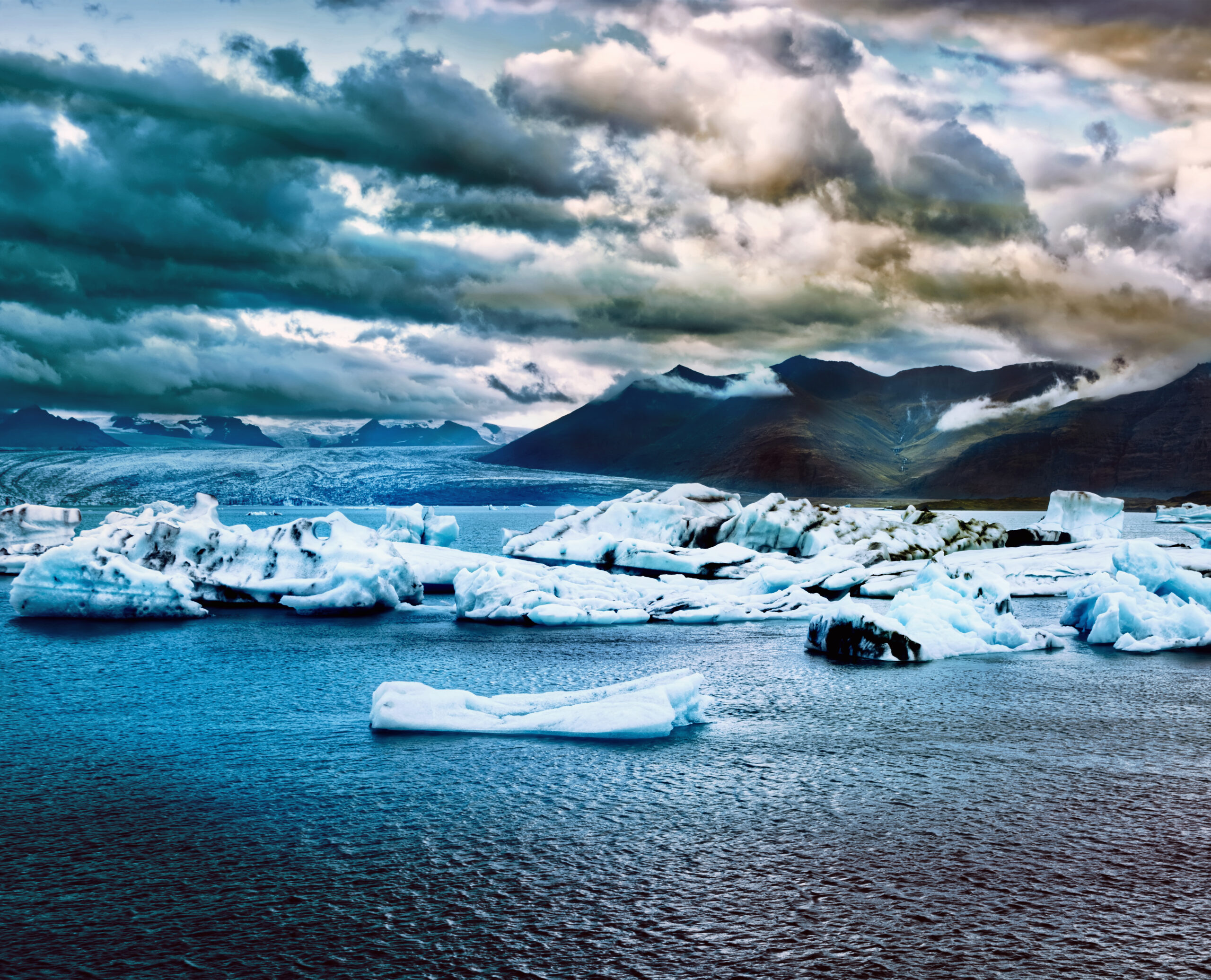Iceland, the Gods’ playground. A vast expanse of dramatic and violently breathtaking landscapes, where the Earth is simultaneously being forged and destroyed in the eternal samsara of death and birth, creation and destruction.
This island, situated in the North Atlantic, is a popular destination these days. Everyone who visits is destined to establish a love and hate relationship with Iceland, which isn’t surprising. In fact, Iceland is the land of dichotomies: fire and ice, glaciers and volcanos, thriving untouched nature and lunar dystopian landscapes. The landscape changes dramatically in the blink of an eye, quite literally. All is possible in Iceland, where humans are at the mercy of this land’s elements and geology.
In this article, we will touch on 7 important travel advices that will come in useful when visiting, or consider visiting, the island for the first time.
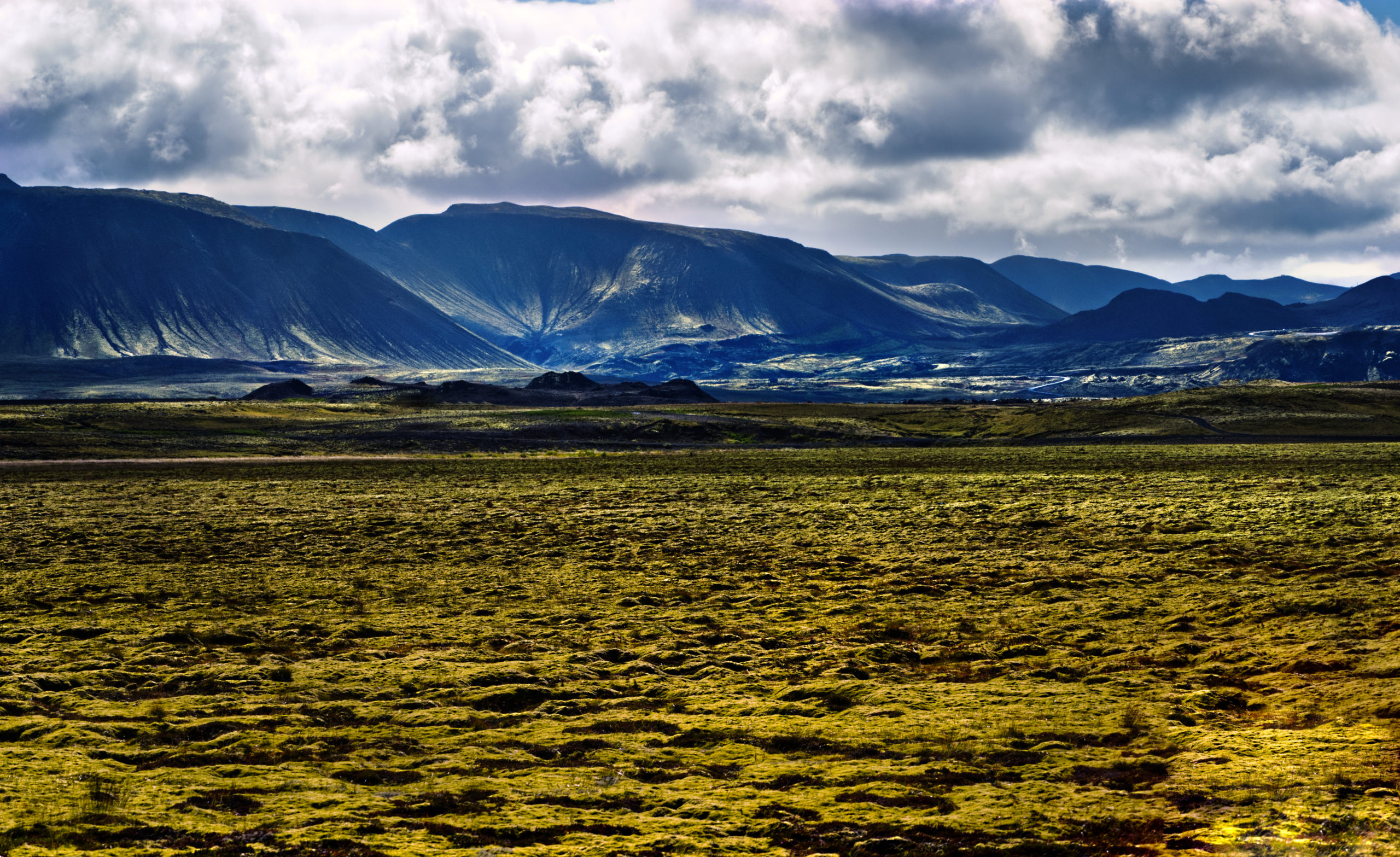
1. Do Not Wander off the Trail
There could be deep hidden crevices under the think and luscious mossy blanket that covers the volcanic plains.
Even if you consider your self and experienced trail blazer, you still incur the risk of stumbling across scorching hot water or steam coming out of the fissures. Iceland’s geothermal activity is incredibly powerful and ubiquitous, which is why the island is dotted with thermal pools. Even at the pools we recommend exercising caution and using your best judgement. The water, steam, and mud may be reaching boiling temperatures. When you see a sign warning you to keep off a certain surface, simply follow the warning and you will be safe.
2. Hot Tap Water
Speaking of unforgiving scorching hot temperatures, be careful handling the tap water coming out of the bathroom or kitchen faucets, whether you stay in a hotel or private residence. In places where geothermal energy is used for heating purposes (almost everywhere), the water will come out so hot that it can, and will, severely scald you.
The tap water will also smell extremely sulfuric. Make sure you bring your own strong-scented soap to overpower the fumes, if you are sensitive to the smell of sulfur.
3. Allergy to sulfur
In regard to sulfuric water and gas, we have been told that people who may be subject to severe allergic reactions due to sulfur had better stay away from Iceland. We haven’t researched this issue since neither of us are allergic to sulfur. If you believe you might be, seek advice from your physician or a travel clinic before making your travel arrangements.
The last thing you want to do become ill on your trip, or be confined to your hotel room or apartment and incur the risk of a reaction every time you handle tap water. Quite frankly, we find that it would be very difficult to avoid exposure to the gas no matter where you stay in Iceland. Although risk may be minimal in the city of Reykjavik, we wouldn’t go as far as saying that there is none.
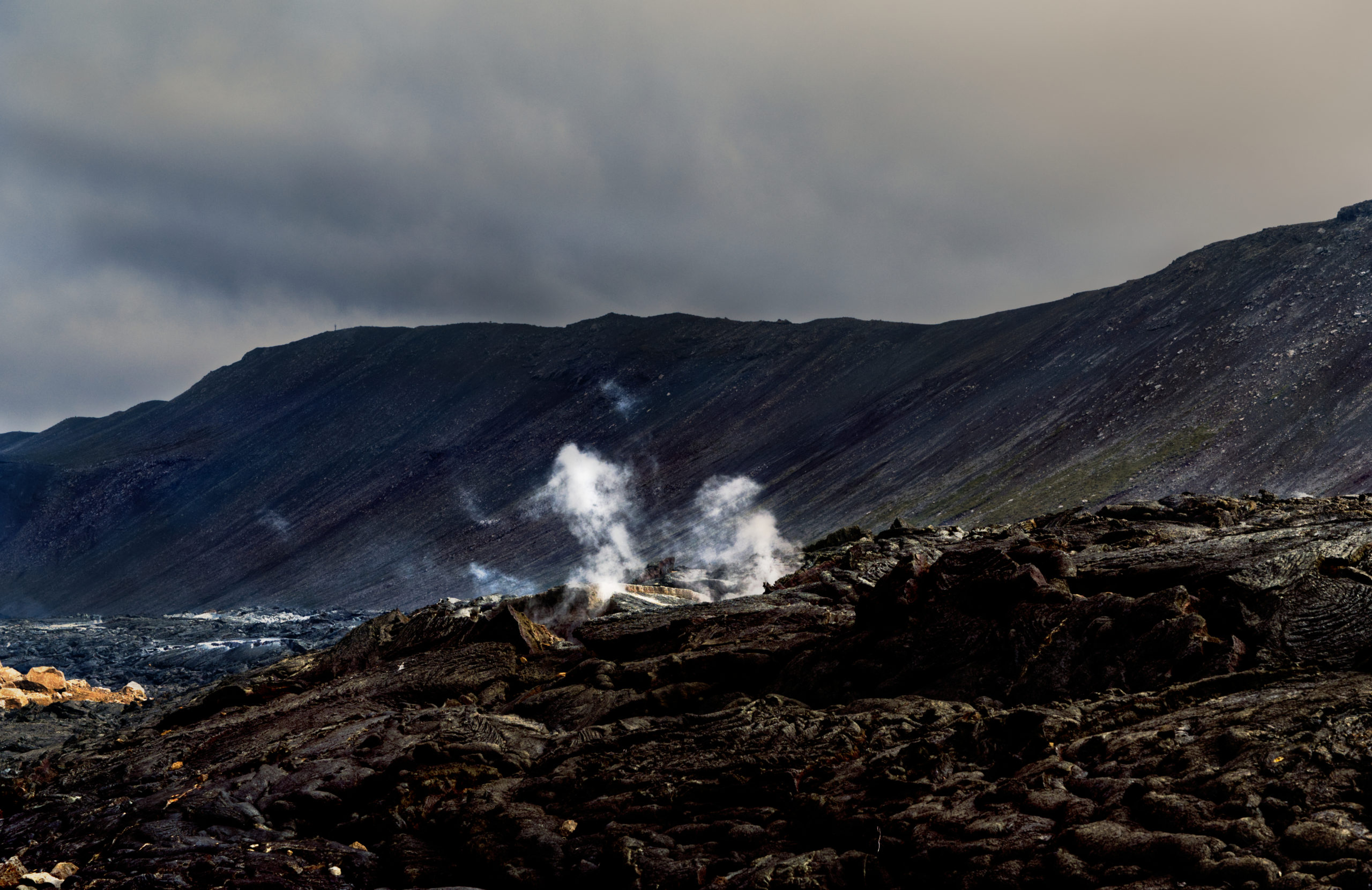
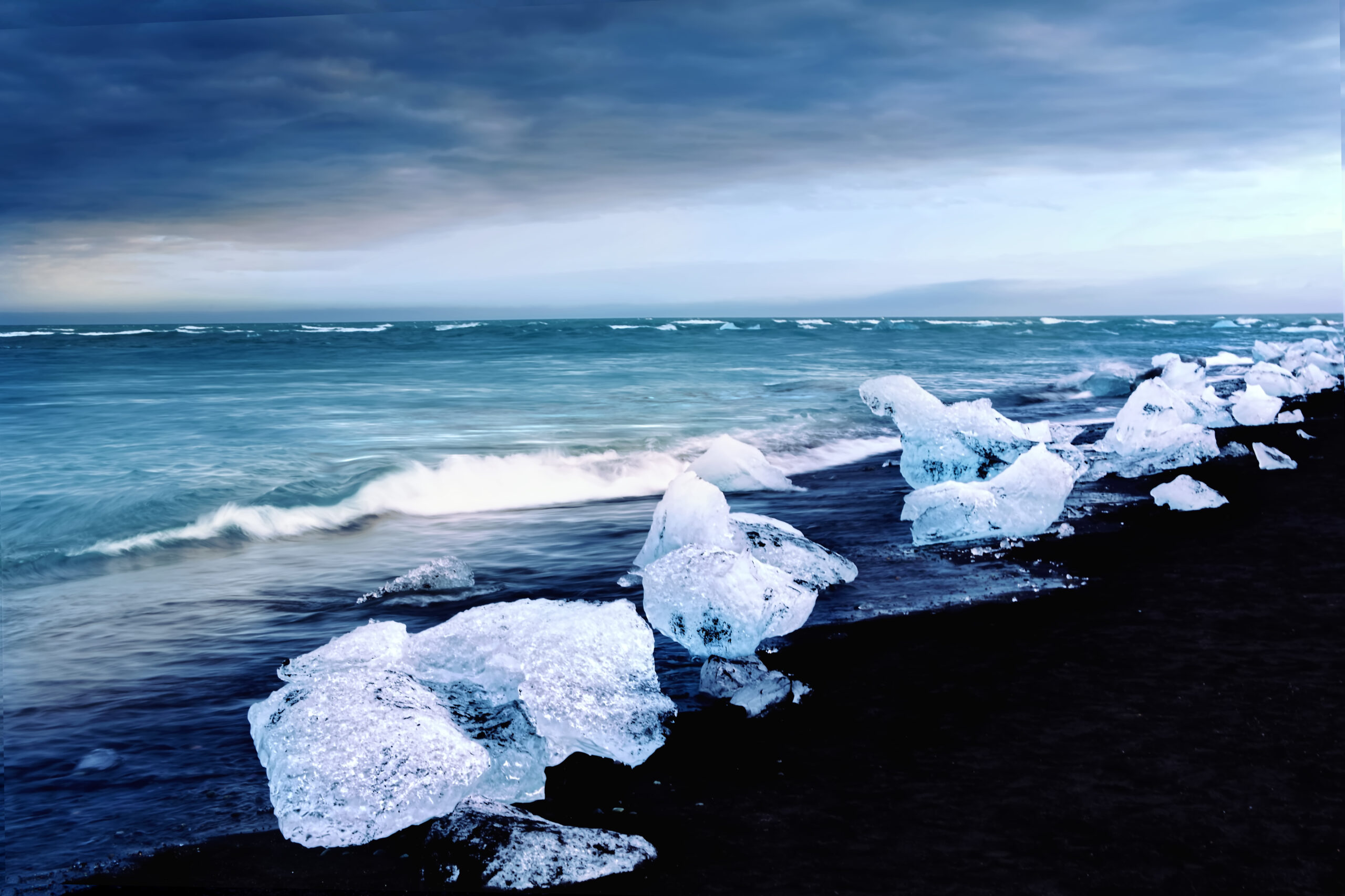
4. Unpredictable Weather
In Iceland, more than in any other place we ever visited, the weather changes very abruptly and unpredictably. It may go from pleasantly sunny and mildly warm to glacially windy and humid, so be prepared for all types of climates, and especially for wet conditions.
Keep this advice in mind when packing your bags on the way to Iceland, and also while preparing your backpack for a daylong excursion. The sun goes down, and it will get cold; the wind picks up, and it will freeze your face and extremities.
The most fundamental articles of clothing that you should bring are good quality hats, gloves, socks, and waterproof windbreaker. Dressing in layers allows for easy adaptation throughout the day.
If you plan to drive a vehicle, watch out for the sudden and violent gusts of winds. These may cause serious damages to your rental. The company servicing you will likely tell you stories of people who got their vehicle doors ripped off by the wind.
5. Hire the Appropriate Vehicle
Plan to rent a 4×4 if you think you will drive off the main roads or into the depths of the rugged central highlands. Sedans and compact cars will work just fine for the ring road (the main highway going around the island), but be aware that the law forbids those from accessing the so called “f-roads”, the unpaved and less accessible gravel or dirt highland roads.
If you want to know further details about the types of roads in Iceland, this website is a good quick reference: https://www.rentalcars.com/en/guides/driving-your-rental/roads-in-iceland/
6. Buy a Roadmap
The easiest and best thing you can do is buy a roadmap that clearly labels accessible roads. We used a Michelin map and it worked great. If you don’t want to solely rely on a physical map and prefer to have live data, carry a satellite GPS with you. Most car rental companies will offer this option with a vehicle hire, either complimentary or for a fee. If you don’t see that the car has a built-in GPS system, ask the car rental staff to loan a portable one.
Outside of the major urban centers, cell Phone reception is spotty, at best. This is absolutely great if you want to be off grid for a little while, but certainly not ideal if you rely on your personal device for navigation.
The final piece of advice on this topic is that it isn’t uncommon to run into road closures due to inclement weather or roadwork. In such cases, a GPS comes in very handy, as it will automatically re-route you to your destination. It is also good practice to check if there are any planned road closures on your path before venturing out.
7. Travel Insurance
Seeking the thrill of adventure and exploration quite literally off the beaten path? Then we recommend you purchase travel coverage and medical insurance, if not for the entire duration of you stay, minimally for the time you will be spending camping, off roading, trekking, etc. It should be clear by now that Iceland is untamable, and with that you should be prepared for whatever comes your way, great experiences and unexpected incidents equally.
To Sum it up…
Roam safely, respectfully and be prepared for all contingencies.
